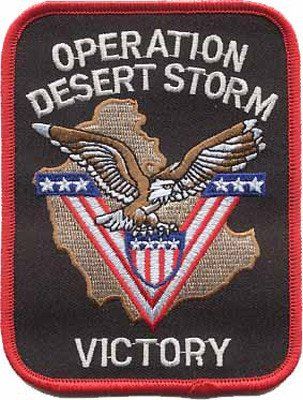
by Frisco Legion | Jan 17, 2022 | Anniversary
The Gulf War began when Saddam Hussein’s Iraq invaded Kuwait on August 2, 1990. Immediately condemned by the international community, Iraq was sanctioned by the United Nations and given an ultimatum to withdraw by January 15, 1991. As the fall passed, a multi-national force assembled in Saudi Arabia to defend that nation and to prepare for the liberation of Kuwait.
On January 17, coalition aircraft began an intense aerial campaign against Iraqi targets. This was followed by a brief ground campaign commencing on February 24 which liberated Kuwait and advanced into Iraq before a ceasefire took effect on the 28th.
The war, often referred to as the Persian Gulf War or Gulf War, ended February 28, 1991.
Today, we celebrate the 31st anniversary of Operation Desert Storm and honor those who served.
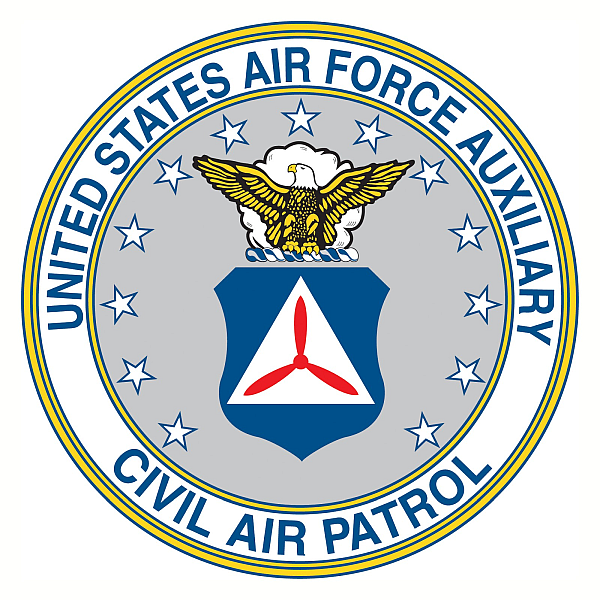
by Frisco Legion | Dec 1, 2021 | Anniversary
December 1st is the United States Civil Air Patrol’s birthday, formed during World War II in 1936. The agency served as the official volunteer civilian auxiliary of the Air Force. It consists of cadets, ages 12 to 20 years old, and senior members who are eighteen and older. To date, the Civil Air Patrol is America’s premier public service organization for conducting emergency services and disaster relief missions nationwide. Its 60,000 members selflessly devote their time, energy, and expertise toward the well-being of their communities, while also promoting aviation and related fields through aerospace education and helping shape future leaders through the Civil Air Patrol cadet program.
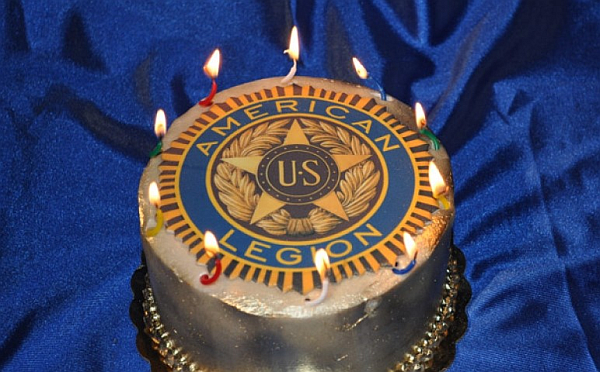
by larryw | Sep 16, 2021 | Anniversary
The American Legion has served wartime veterans through promoting patriotism, military service, national security, and dedication to current service members and veterans alike.
The American Legion will celebrate its 101st birthday on Monday, September 16, 2021.
The Legion itself holds events nationwide to celebrate its birthday. All focus on the organization’s mission, core values, plus recognizing both volunteers and those they help. These events promote the Legion’s advocacy for veterans, patriotism, and what the Legion describes as “Americanism.”
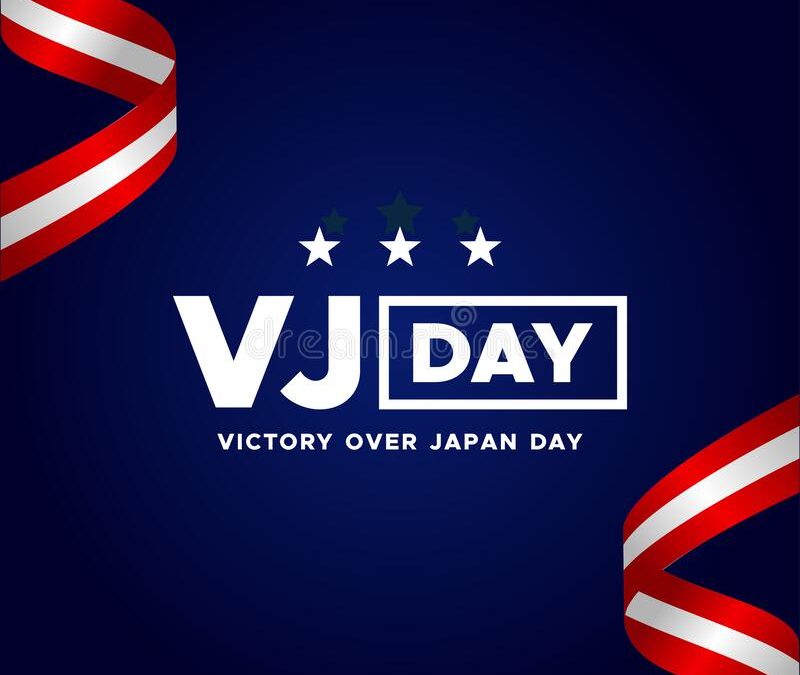
by larryw | Sep 2, 2021 | Anniversary
On August 14, 1945, it was announced that Japan had surrendered unconditionally to the Allies, effectively ending World War II. Since then, both August 14 and August 15 have been known as “Victory over Japan Day,” or simply “V-J Day.” The term has also been used for September 2, 1945, when Japan’s formal surrender took place aboard the U.S.S. Missouri, anchored in Tokyo Bay. Coming several months after the surrender of Nazi Germany, Japan’s capitulation in the Pacific brought six years of hostilities to a final and highly anticipated close.
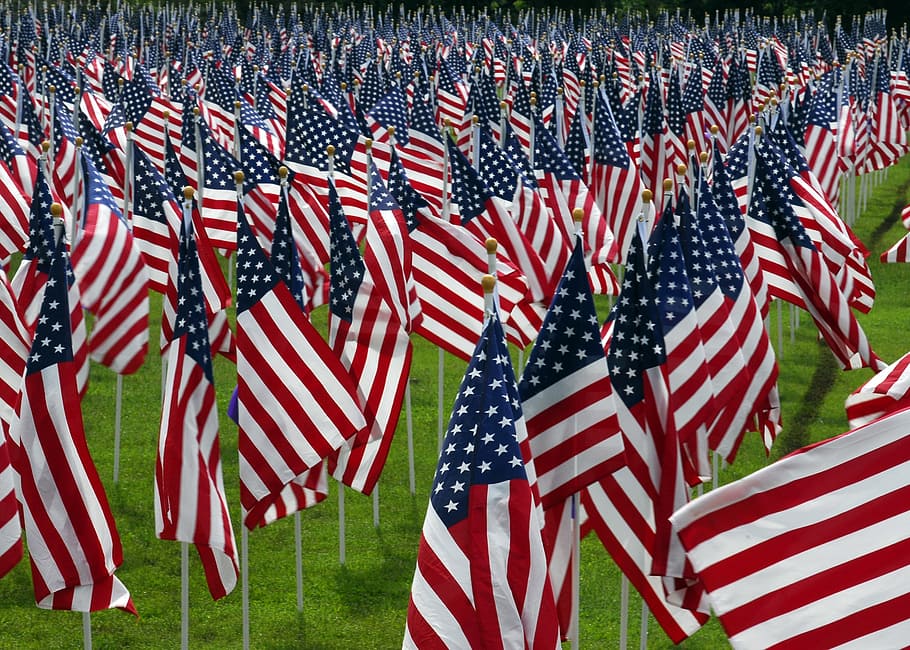
by larryw | Aug 14, 2021 | American Legion Post 178, Anniversary
The Pacific War saw the Allies pitted against Japan. Fighting consisted of some of the largest naval battles in history, and incredible fierce battles and war crimes across Asia and the Pacific Islands, resulting in immense loss of human life. The war culminated in massive Allied air raids over Japan and atomic bombings. After the war, Japan lost all rights and titles to its former possessions in Asia and the Pacific, and its sovereignty was limited to the four main home islands and other minor islands as determined by the Allies.
On August 14, 1945, at 7 p.m. President Harry S. Truman announced that Japan had surrendered unconditionally to the Allies, effectively ending World War II. Since then, both August 14 and August 15 have been known as “Victory Over Japan Day,” or simply “V-J Day.” The term has also been used for September 2, 1945, when Japan’s formal surrender took place aboard the U.S.S. Missouri, anchored in Tokyo Bay. Coming several months after the surrender of Nazi Germany, Japan’s capitulation in the Pacific brought six years of hostilities to a final and highly anticipated close.
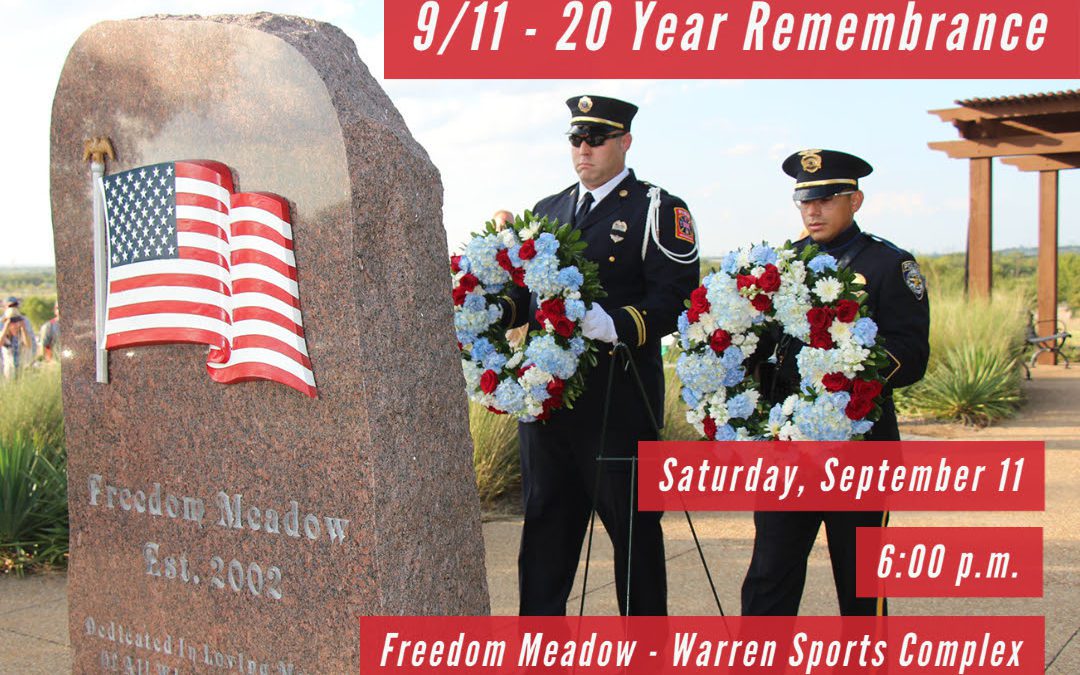
by larryw | Aug 6, 2021 | Anniversary, Community, Memorial, Press Release
Please save the date to join the City of Frisco and the Frisco Garden Club on September 11 at 6 p.m. for the 20-Year Remembrance of the 9/11 terrorist attacks. The ceremony will be at Freedom Meadow in Warren Sports Complex, located at 7599 Eldorado Pkwy. The annual remembrance honors the memory of those who died in the attacks on September 11, 2001.






